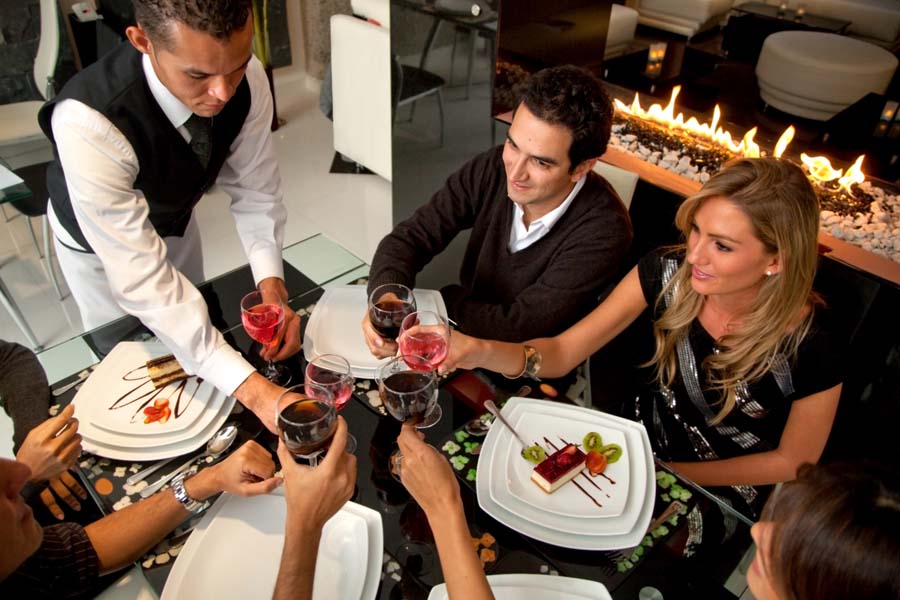When you have a reactive approach to guest service, you and your staff wait for guests to tell you what they need, and then you take care of it. When you and your staff are stuck in reactive mode, it affects every level of service. The kitchen gets backed up, servers get stuck in the weeds, and your host staff can’t keep up with guest demands. Shifting to a more proactive guest service philosophy changes the dynamic in every phase of a guest experience. Being proactive is different than being prepared. Being prepared means employees know what to do to when guests need something. Being proactive means employees anticipate guests’ needs and take care of them before guests have to ask.
Keys to Proactive Guest Service
While you can’t always anticipate every guest demand, you can train your staff to anticipate their needs. Here’s how to get started:
- Focus on proactive guest service in your restaurant training. Today’s restaurant employees often have a reactive mindset. They’re much more likely to wait for a problem to come to them than they are to see it before it happens. Shifting employee thinking to be more proactive takes training. Identify possible guest needs and strategies to address them before they become issues. Role play with your staff during pre-shift meetings and training sessions.
- Know your guests. On a very basic level, you and your staff already know what your guests want. They’ve already decided to eat out, and they’ve chosen your restaurant. What you need to understand is why they chose you over the competition. Is it your food, location, promotions, or atmosphere? Are they regulars or are they just giving you one-time shot? The success of a guest visit isn’t one thing you do, it’s how everything you do adds up to an exceptional guest experience. Train your restaurant staff to recognize and deliver what your guests want and need.
- Hire with proactive guest service in mind. Some people are better able to think proactively than others. As part of your hiring process, implement behavioral interviewing. You’ll learn more about a candidate when you focus on past behaviors rather than past experience. Behaviors are formed over time through repetition. If an individual has done something in the past, they’re more likely to repeat it in the future. Instead of asking yes or no questions, ask for specific examples of past behaviors that would be a good fit for your proactive guest service strategy.
Cycle of Service Restaurant Service Training
With every guest who walks through the door, your staff should be striving to not only meet expectations, but exceed them. Our restaurant service training follows the Service That Sells! Cycle of Service, breaks down a guest’s visit into separate steps from the moment guests pull into the parking lot until that final moment when they walk out the door. Click here to learn more.





